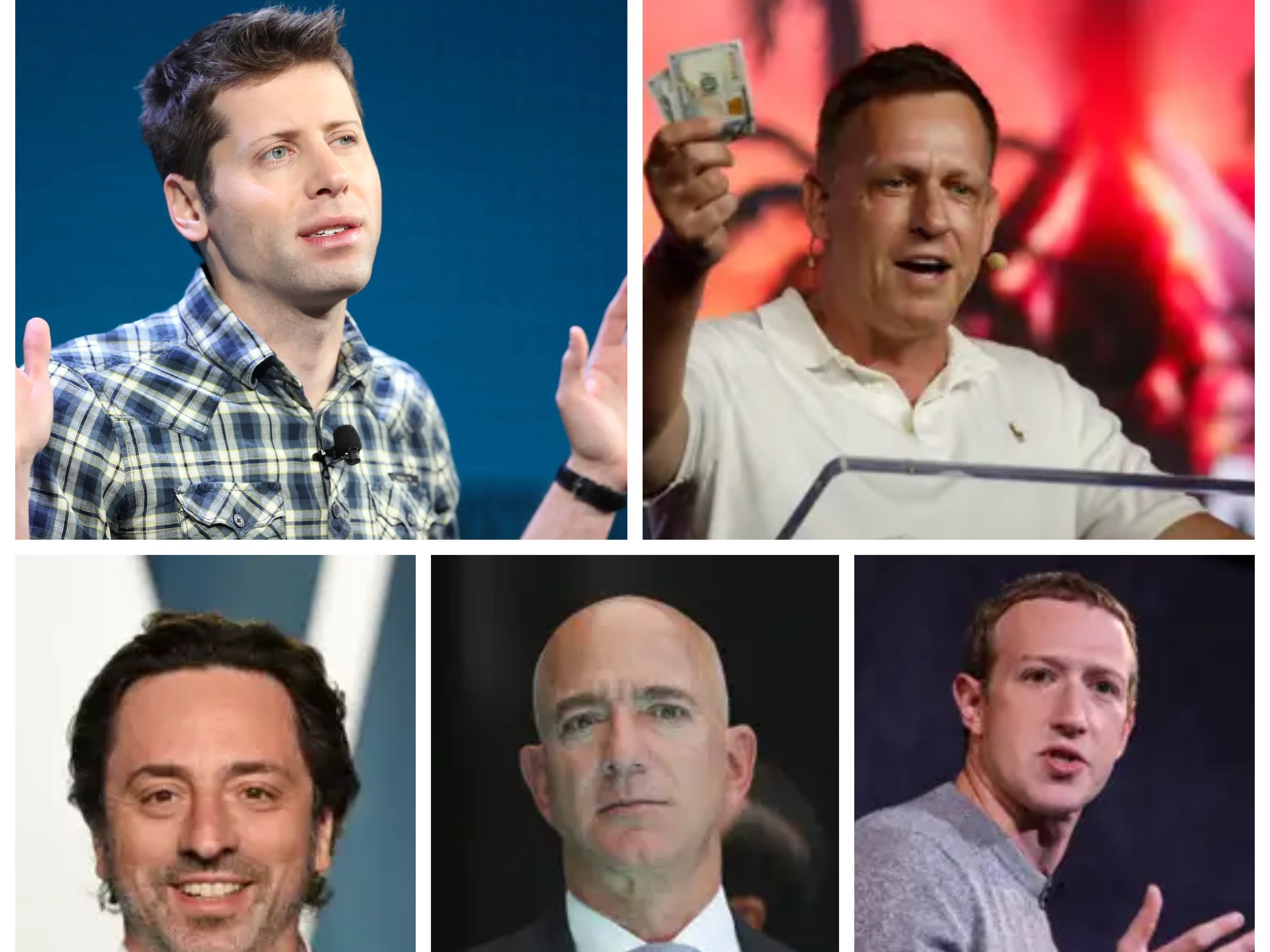
Lucy Nicholson/Reuters/Marco Bello/Getty Images/Evan Agostini/Invision/APDrew Angerer/Getty ImagesAnadolu Agency / Getty Images
- A growing number of the world’s richest entrepreneurs are using their wealth to fight aging.
- They’re taking supplements, abiding by fitness routines, and investing millions into research.
- BI rounded up a list of 8 entrepreneurs actively seeking the fountain of youth.
These days, a big topic at the diplomatic round table is apparently living for over a century.
At least that’s what Chinese leader Xi Jinping and Russian leader Vladimir Putin spoke about earlier this month, when they discussed the possibility of humans living to 150 sometime this century.
It’s not just world leaders who are intrigued by the idea of a fountain of youth. Silicon Valley’s top executives have long used their wealth to challenge the notion that death is life’s only certainty — or at the very least, to try to extend their time on Earth.
Some — like Jeff Bezos, Peter Thiel, and Sam Altman — are investing in companies trying to reverse aging at the cellular level. Others — like Sergey Brin and Sean Parker — are directing their wealth to combating age-related conditions, from cancer to Parkinson’s disease. And others like Bryan Johnson are investing in intensive nutrition, exercise, and wellness plans in a serious attempt to slow the aging clock.
Here are 8 of the world’s wealthiest tech leaders who are funneling their wealth into extending life itself.
OpenAI CEO Sam Altman is funding a company that wants to add 10 years to the human lifespan.
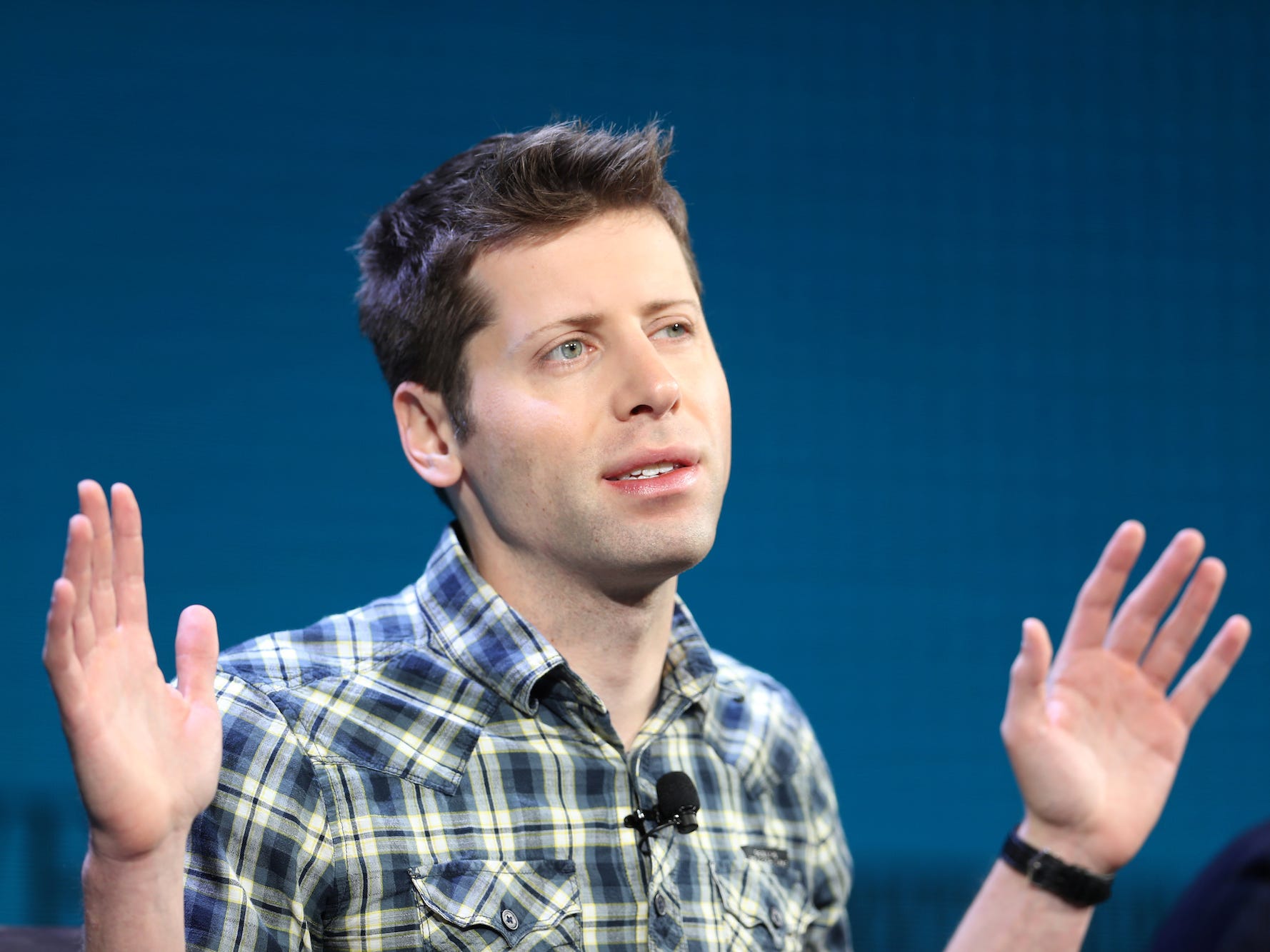
Lucy Nicholson/Reuters
Sam Altman has invested $180 million in Retro Biosciences, a startup that aims to extend healthy human lifespans by a decade.
Retro CEO Joe Betts-LaCroix told Business Insider that the company is “breaking all the rules of early-stage biotech, where you’re usually expected to focus on a single platform or target and put everything behind it.”
Altman, whose net worth Forbes pegs at $2.1 billion thanks to ChatGPT’s success, believes longevity research needs an “OpenAI-type effort” — a true disruptor.
His personal antiaging regimen is straightforward: eat healthy, exercise, sleep well, and take metformin, a diabetes drug popular among Silicon Valley biohackers as a potential antiaging tool.
Tech billionaire Peter Thiel has funneled millions into the field of longevity research.
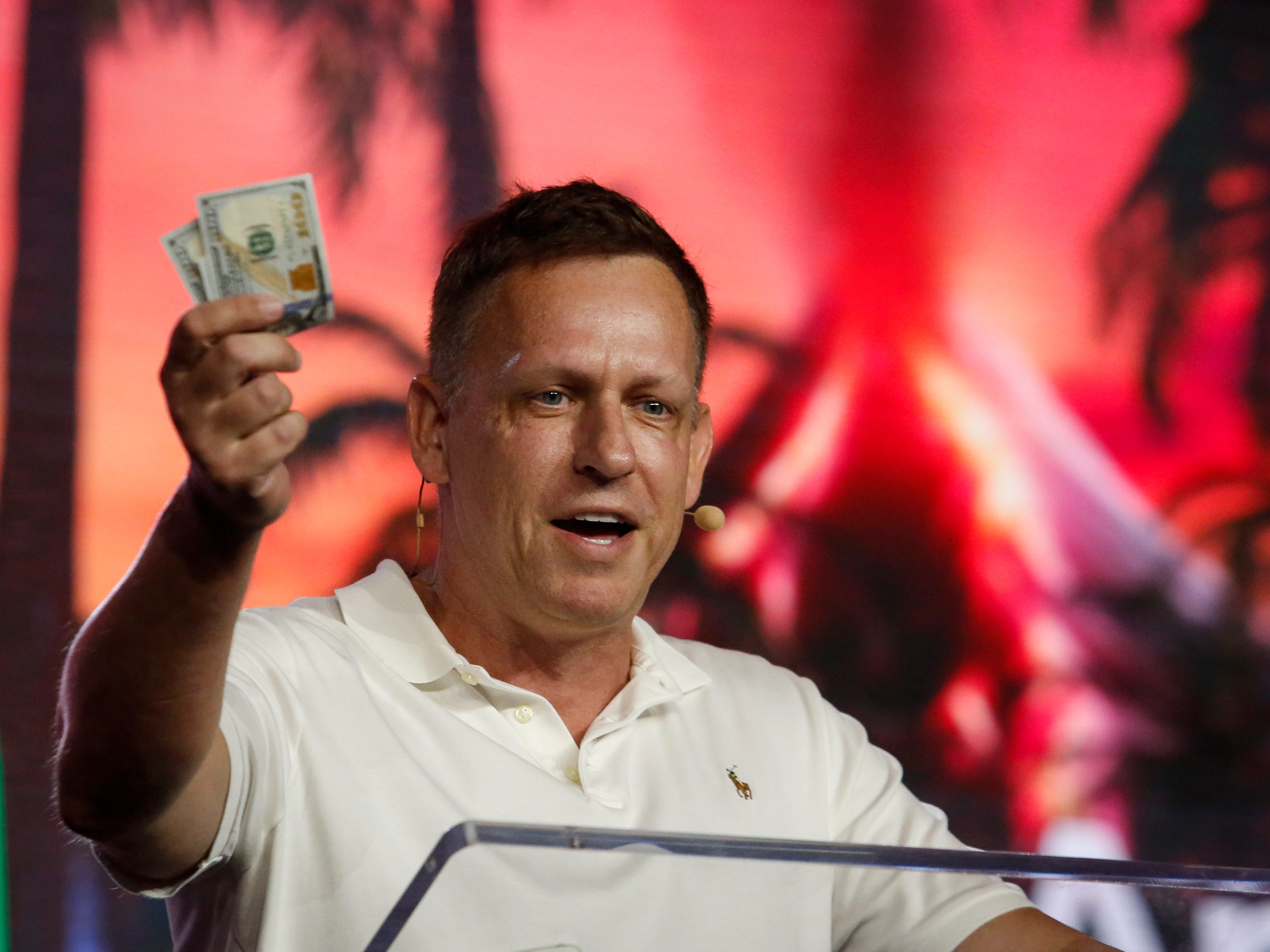
Marco Bello/Getty Images
Thiel was an early investor in Unity Biotechnology, a company developing drugs to target aging cells. In 2006, he pledged $3.5 million to the Methuselah Foundation, a nonprofit focused on anti-aging research through tissue engineering and regenerative medicine. By 2017, he had increased that commitment to $7 million.
He has also reportedly signed up with the Alcor Life Extension Foundation, a nonprofit dedicated to cryonics — the freezing of human corpses to halt the aging process. In addition, he has backed several biotechnology companies through the Thiel Foundation and others through his venture firm, Founders Fund.
“There are all these people who say that death is natural, it’s just part of life, and I think that nothing can be further from the truth,” he told Business Insider in 2012.
Oracle founder Larry Ellison has devoted millions over the years to fighting death.
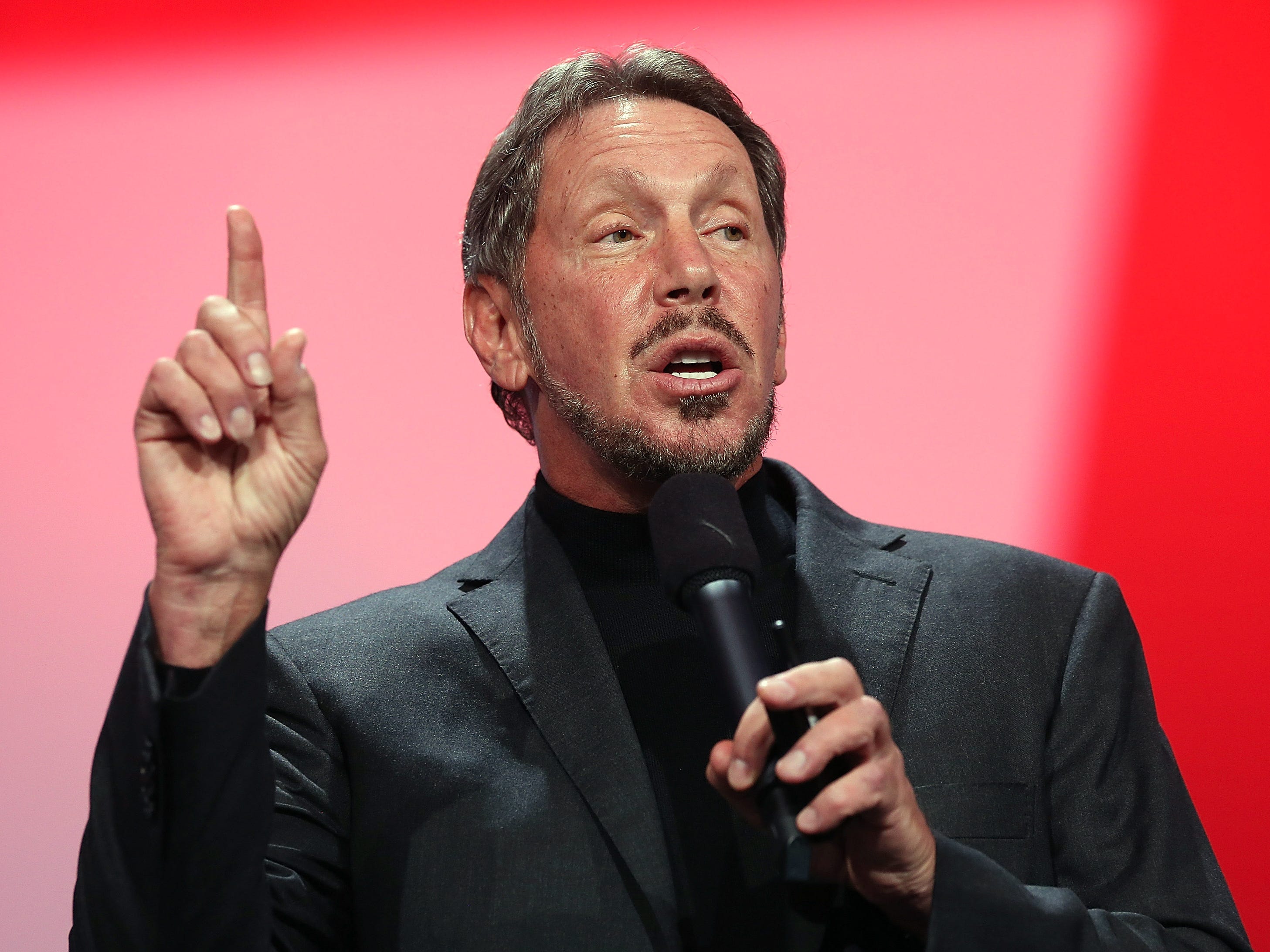
Justin Sullivan/Getty Images
Ellison once told his biographer, “Death has never made any sense to me. How can a person be there and then just vanish, just not be there?”
In 1997, he founded the Ellison Medical Foundation, which “supports basic biomedical research on aging relevant to understanding lifespan development processes and age-related diseases and disabilities.”
Until the foundation stopped funding new antiaging research in 2013, about 80% of the $430 million in grants it awarded to medical researchers were directed to this cause.
He’s also donated millions to other medical causes, including $200 million to a USC cancer center in 2016, which was eventually renamed the Ellison Institute of Technology. The EIT announced an Oxford campus in 2023.
In 2013, Google co-founder Larry Page announced the launch of an antiaging endeavor called the California Life Company, more commonly known as Calico Labs.
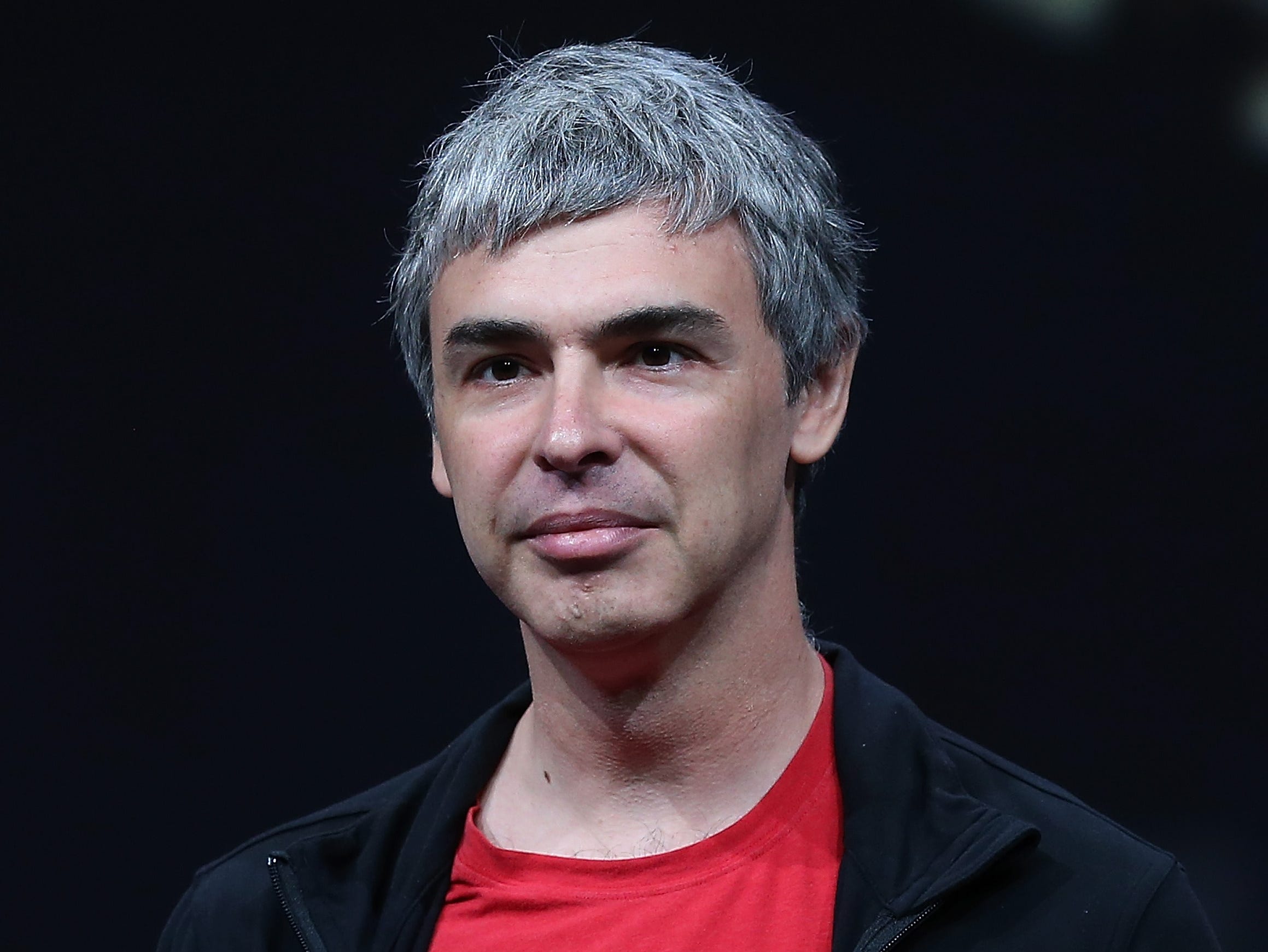
Justin Sullivan/Getty Images
Calico Labs, part of Google’s parent company Alphabet, was founded to study aging and develop medicines for age-related diseases.
In 2014, the company partnered with biopharmaceutical giant AbbVie on therapies for age-related conditions — an initiative backed by billions in investment.
More recently, Calico has been credited as the precursor to Altos Labs, a cell-rejuvenation startup that reportedly counts Jeff Bezos as an investor.
But in 2020, Calico co-founder Bill Maris told Business Insider he was “disappointed” by the company’s lack of visible progress in the field.
Sergey Brin’s interest in longevity research is fueled — in part — by his own genetic predisposition to Parkinson’s disease.
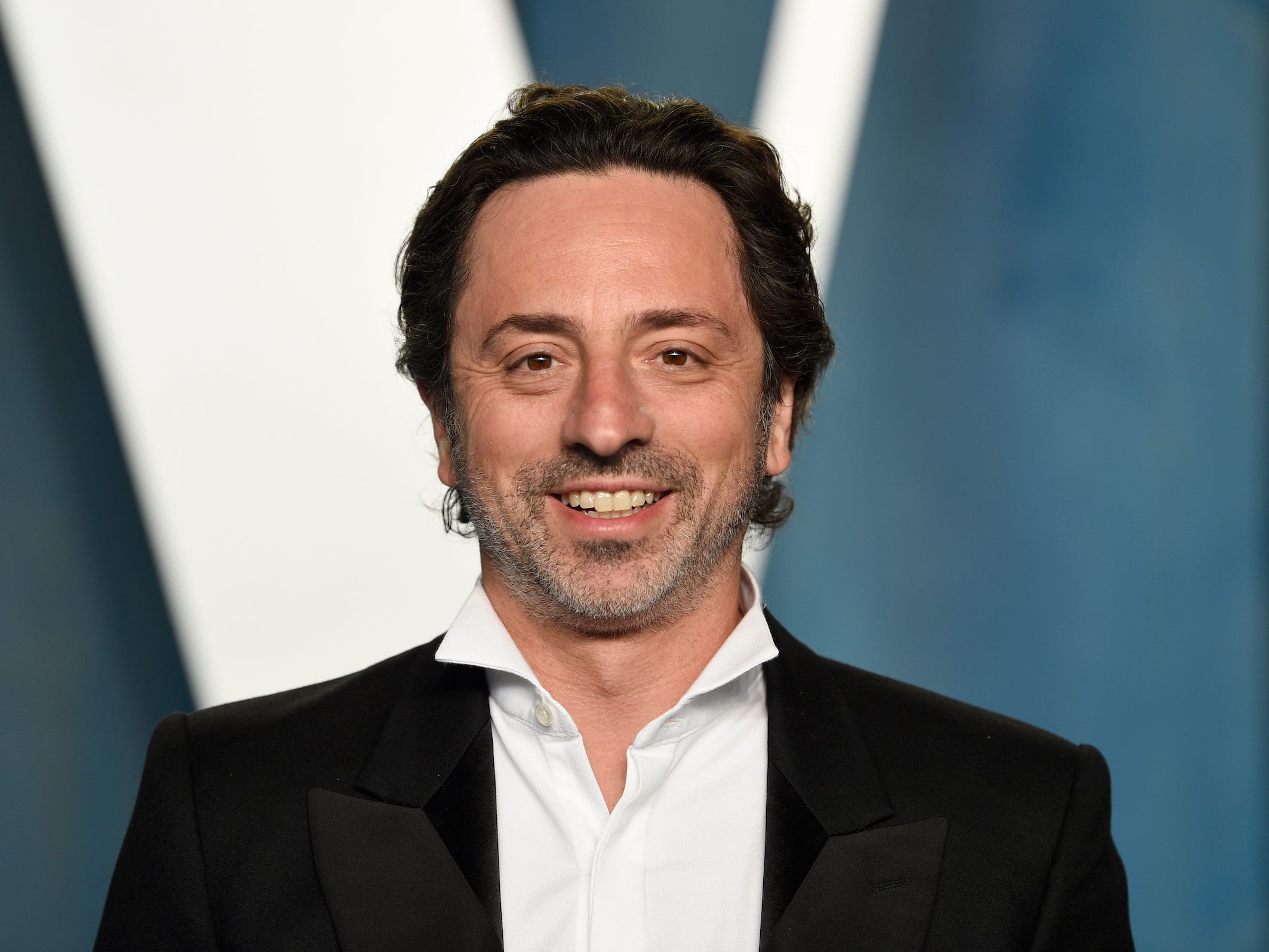
Evan Agostini/Invision/AP
In 2008, the Google cofounder revealed in a blog post that he had a genetic mutation that made him more susceptible to Parkinson’s disease.
Over the years, Brin has poured more than $1 billion into research on the disease, Forbes reported.
Brin has also spearheaded ventures devoted to stopping the aging clock, like Calico Labs. In 2015, he announced that Google’s Life Sciences team would become an independent unit under Alphabet and rebranded to Verily Life Sciences.
Meta’s Mark Zuckerberg has also long been preoccupied by questions of life and death.
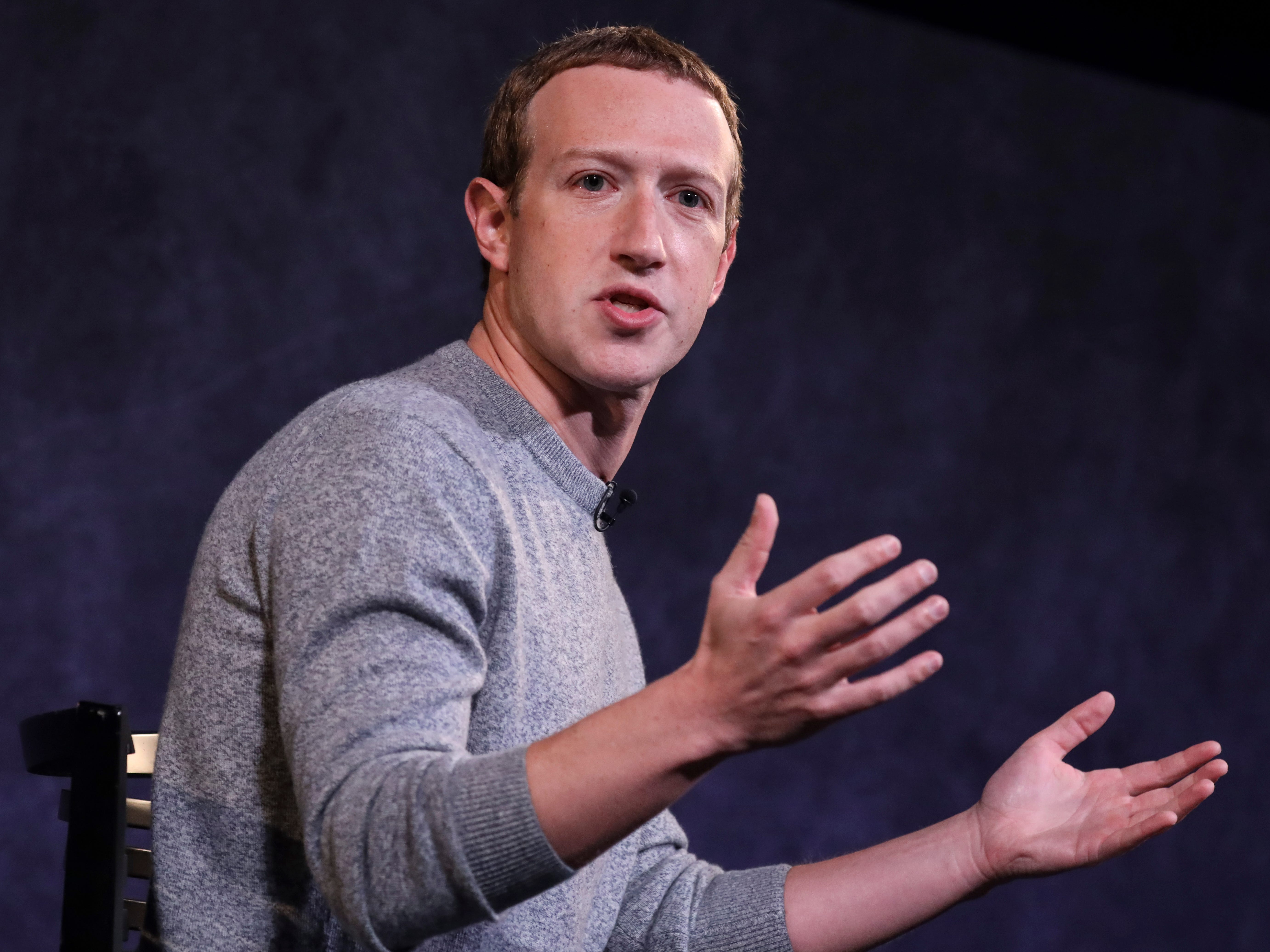
Drew Angerer/Getty Images
Zuckerberg and his wife, Priscilla Chan, are among a small crop of Silicon Valley elite who founded the Breakthrough Prize. The prize offers $3 million to scientists in fields such as life sciences, medicine, and math. Many of these scientists are working on cures for neurodegenerative diseases and gene editing.
In 2016, the couple committed millions to curing infectious diseases through their philanthropic initiative, Chan Zuckerberg Initiative.
Zuckerberg said at the time that “by the time we get to the end of this century, it will be pretty normal for people to live past 100.”
Zuckerberg also has an intensive fitness regimen, which includes jiu-jitsu and CrossFit routines.
Jeff Bezos has also gotten into longevity investment game in recent years.
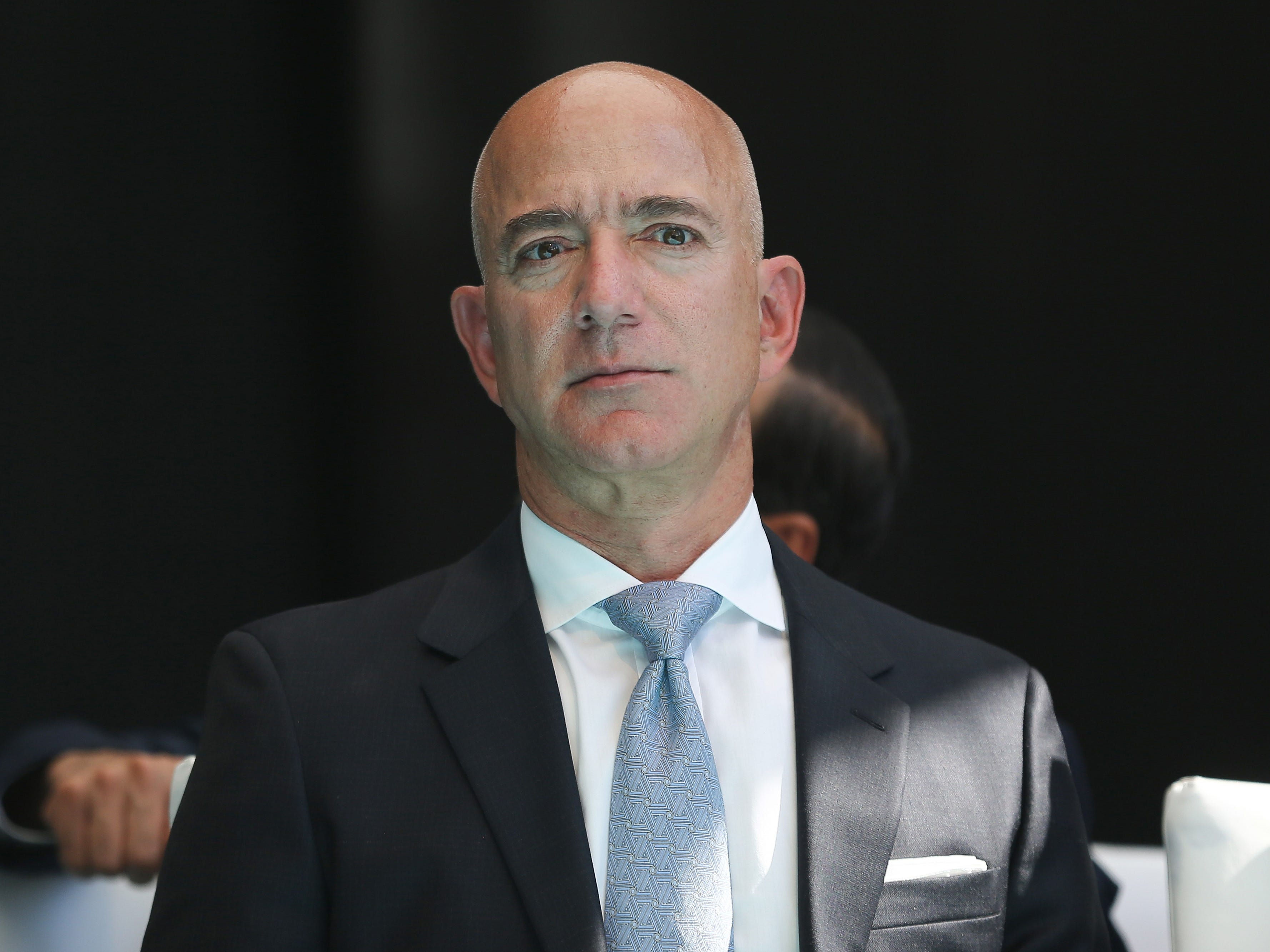
Anadolu Agency / Getty Images
Bezos is reportedly an investor in Altos Labs, a biotech startup with a goal “to restore cell health and resilience through cellular rejuvenation programming to reverse disease, injury, and the disabilities that can occur throughout life,” according to its website.
Aside from investments, Bezos is reportedly a “monster” in the gym, according to his wife Lauren Sanchez. With his trainer Wes Okerson he reportedly does a variety of low-impact, high-resistance exercises, like rowing and lifting weights. He also takes his workout outdoors, where he might kayak, paddleboard, or run hills.
The 48-year-old biotech entrepreneur Bryan Johnson has the heart of 37-year-old, the skin of a 28-year-old, and the lungs of a young adult
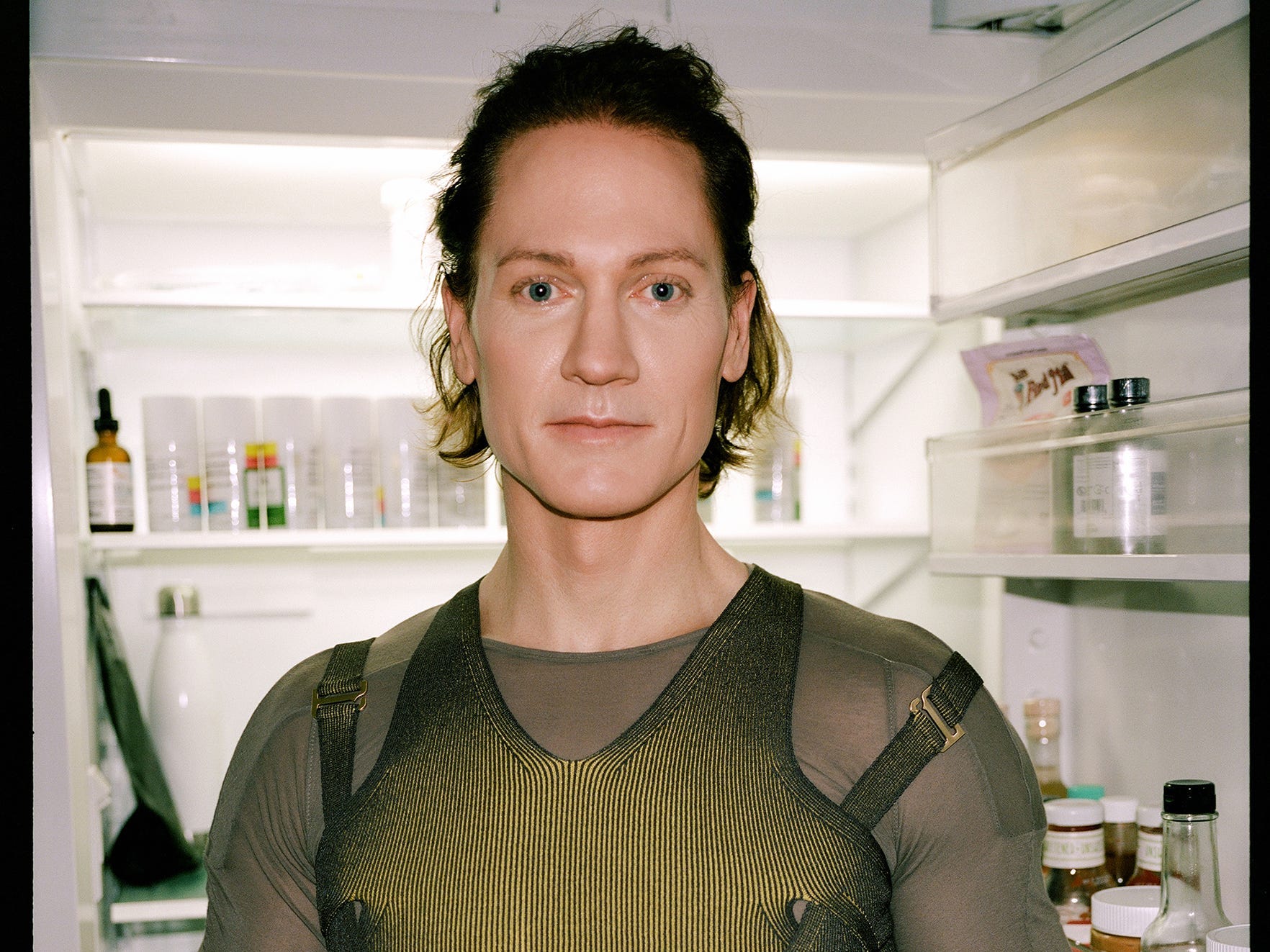
Dustin Giallanza
Johnson seems to be reversing, or at least stopping, the aging clock through an intense regimen of exercise, diet, and daily supplements guided physician Oliver Zolman, who calls himself a “rejuvenation doctor.”
The entrepreneur’s daily routine starts at 5 am with a mouthful of supplements including lycopene, metformin, turmeric, zinc, and others.
Johnson also maintains a vegan diet of solid and soft food that total up to around 1,977 calories a day.
In 2021 alone he achieved a world record age reversal of 5.1 years.
Read the original article on Business Insider
The post The tech billionaires trying to hack aging to extend their lives appeared first on Business Insider.




